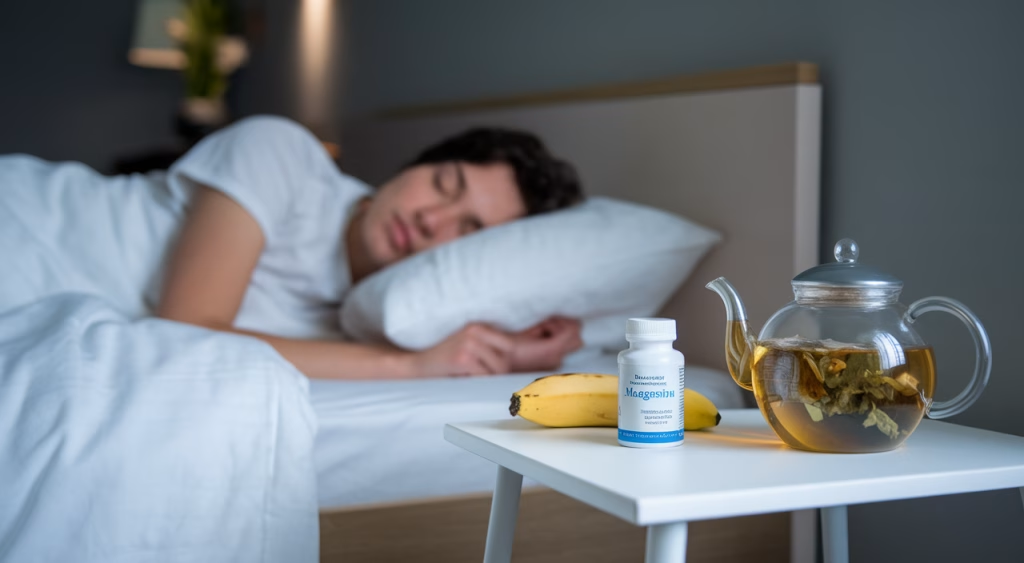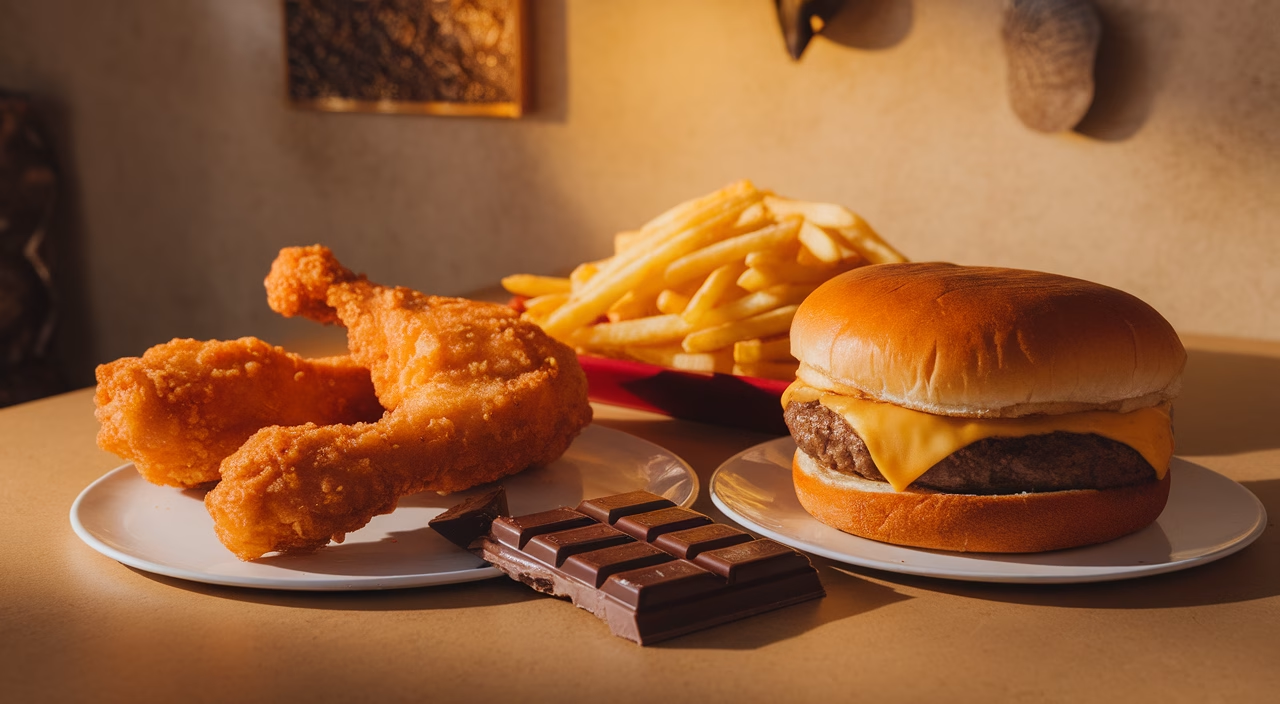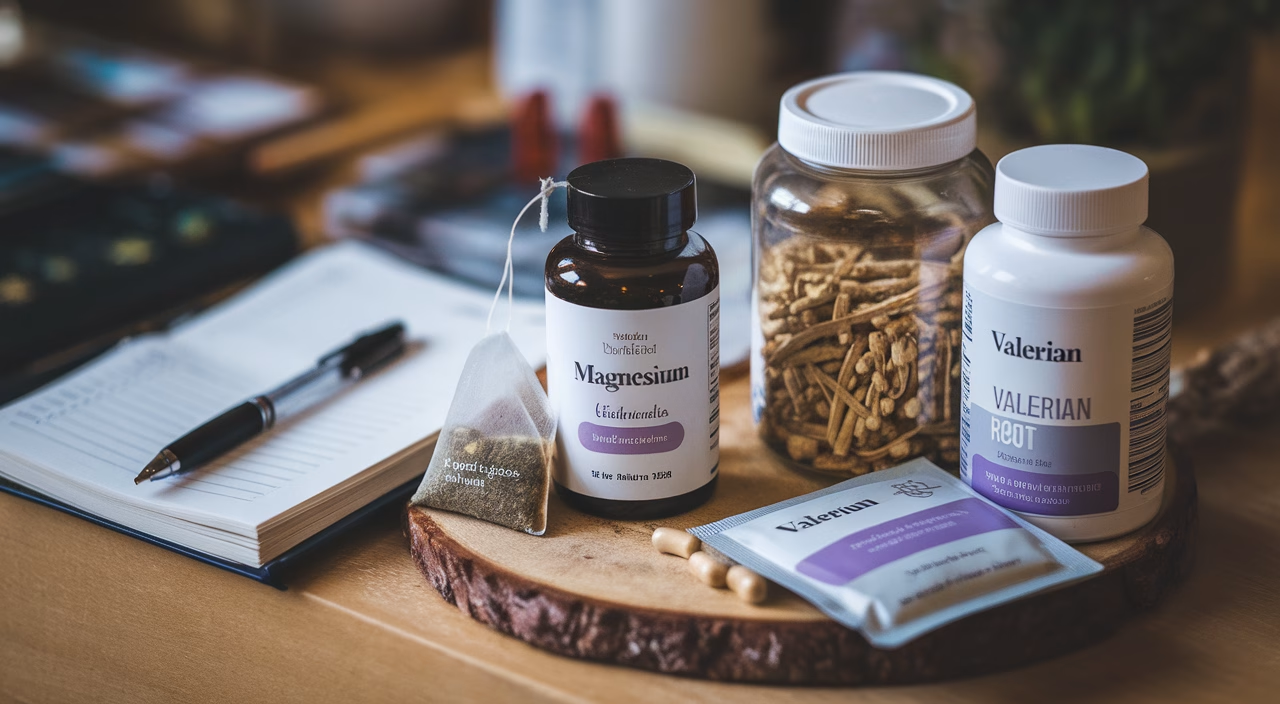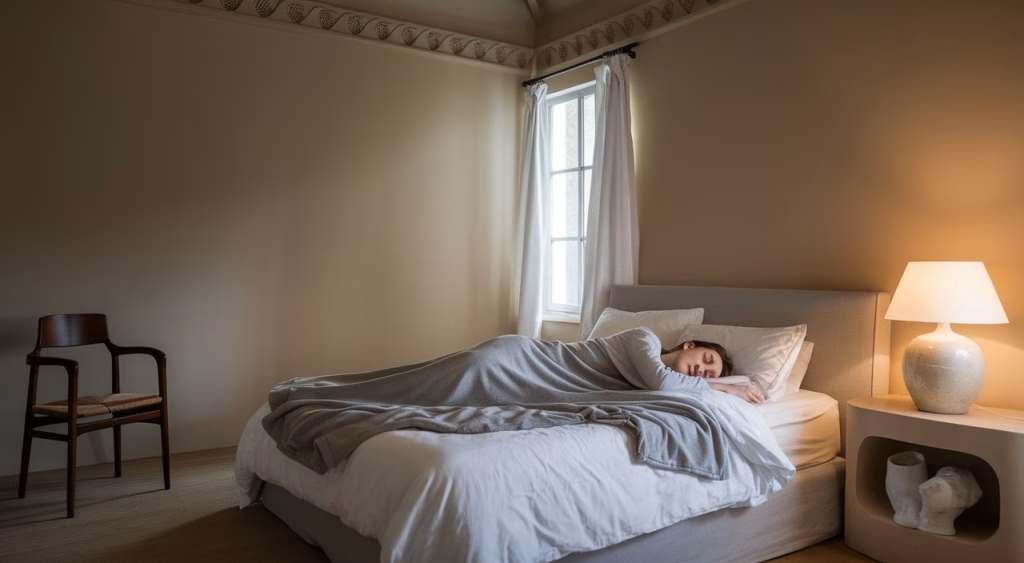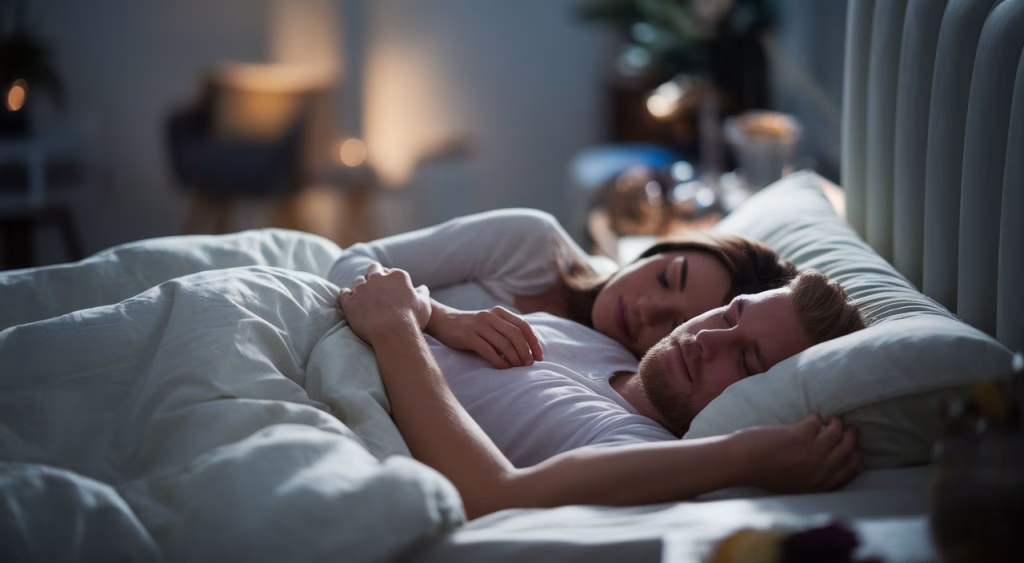Can Nutrition Help Reduce Sleep Apnea Symptoms Naturally?
Absolutely. While sleep apnea is fundamentally a breathing disorder, your diet plays a surprisingly powerful role in how well you sleep, how frequently apneas occur, and how restored you feel upon waking. Strategic nutrition can help reduce inflammation, support airway health, and minimize lifestyle factors that exacerbate symptoms.
TL;DR Summary
- Nutrition impacts sleep apnea symptoms by influencing inflammation, weight, and metabolic function.
- Foods to avoid: Heavy meals, high-fat fried foods, caffeine, alcohol, and refined sugars—especially close to bedtime.
- Sleep-friendly foods: Magnesium-rich greens, potassium-filled bananas, herbal teas, tart cherry juice, complex carbohydrates.
- Hydration matters: Staying adequately hydrated throughout the day prevents airway dryness and snoring.
- Supplements like magnesium and B vitamins may help enhance restfulness, but always consult your doctor first.
- Small lifestyle shifts—like regular movement and mindful stress management—amplify nutritional benefits.
The Link Between Nutrition and Sleep Apnea
Understanding Sleep Apnea
Sleep apnea is a condition where breathing repeatedly stops and starts during sleep, most commonly because of obstructed airways. It can leave you feeling exhausted, frustrated, and even anxious about bedtime. You’re not alone—millions face this disorder, and most are searching for real, sustainable solutions. While medical devices like CPAP machines are standard, nutrition is an often-overlooked piece of the puzzle that can transform the quality of your sleep over time.
Importance of Nutrition in Managing Sleep Apnea
Think of your diet as the fuel your body uses to operate—even while you sleep. Certain foods trigger inflammation or cause weight gain, increasing the risk of airway obstruction. Others support neural relaxation, hormone regulation, and brain recovery overnight. When you optimize your nutrition, you’re not just preventing apneas; you’re giving your entire system a better night to heal and restore itself.
Foods to Avoid for Improved Sleep Quality
Heavy Meals Before Bed
Let’s start with one of the biggest culprits—late-night heavy meals. When you eat large portions close to bedtime, your digestive system is forced to work overtime during your rest period. This diverts energy from deep sleep stages and can increase episodes of nighttime reflux, which worsen sleep apnea symptoms. We recommend avoiding these meals at least three hours before turning in.
- Greasy takeout (fried chicken, burgers)
- Spicy pasta or curries
- Late-night snacks with high sugar or fat
Impact of High-Fat Foods on Sleep
Saturated and trans fats act as silent saboteurs for sleep apnea sufferers. They slow metabolism, contribute to weight gain around the chest and neck (where it matters most for sleep apnea), and promote systemic inflammation. Processed meats, creamy sauces, and deep-fried everything? They may taste comforting, but your breathing doesn’t agree.
The short-term pleasure isn’t worth the long-term disruption to sleep cycles, oxygen levels, and energy recovery. If you want to improve sleep quality with diet, opt instead for lighter, whole-food-based dinners that support your body’s natural healing processes.
Nutritional Strategies for Better Sleep with Sleep Apnea
Incorporating Sleep-Friendly Foods
Certain foods act like natural sleep aids for your cells. Magnesium, for instance, helps your muscles relax—crucial since sleep apnea often results from airway collapse. Go for leafy greens, almonds, seeds, and whole grains. Potassium from bananas and avocados regulates muscle function, while serotonin-boosting foods like tart cherry juice and turkey help stabilize mood and prep your body for sleep.
- Magnesium: Spinach, pumpkin seeds, legumes
- Melatonin-boosters: Tart cherries, oats, eggs
- Complex carbs: Brown rice, quinoa
Creating a Bedtime Routine
Eating habits don’t end with your grocery list—they’re about timing and routine, too. Create a rhythm that winds down digestion and ramps up relaxation. Sip calming herbal teas (like chamomile or lemon balm), close the kitchen by 8 PM, and avoid screens while you digest. Your circadian rhythm craves consistency, and these nutritional strategies for better sleep work best when applied consistently.
Hydration Tips for Sleep Apnea
Hydrating for Better Sleep
Staying hydrated is essential for those managing sleep apnea. Dry throat tissues are more prone to collapse, intensifying snoring and airway obstruction. Proper hydration keeps airways supple and mucus thin—making breathing more efficient overnight. Dehydration, on the other hand, increases heart rate and cortisol levels, both of which disturb sleep cycles and worsen sleep apnea symptoms.
Optimal Fluid Intake for Sleep Apnea
Here’s a key hydration tip: front-load your fluid intake early in the day. This avoids frequent nighttime bathroom trips while ensuring your airways stay moist. Aim for 8 full cups by dinner, and consider sipping warm water with lemon or fennel after your evening meal to aid digestion and support better sleep quality.
Cost Guide: Sleep-Supportive Nutrition in Singapore
| Service/Product | Low-End | Mid-Range | High-End |
|---|---|---|---|
| Weekly produce (organic/nutrient-rich) | $30 | $60 | $100 |
| Sleep support supplements (monthly) | $20 | $45 | $90 |
| Herbal teas (box of 20) | $4 | $8 | $15 |
| One-on-one dietary consult | $50 | $120 | $250 |
Supplements for Sleep Support
Vitamin and Mineral Recommendations
Supplements can help bridge gaps in your diet, particularly if you’re struggling with limited sleep impacting your immune system. Key sleep-supportive nutrients that can improve sleep quality include:
- Magnesium: Calms the nervous system and promotes restful sleep
- Vitamin B6 and B12: Support melatonin production and energy balance
- Vitamin D: Low levels are linked to difficulty falling and staying asleep
Be sure to check with a healthcare professional before introducing supplements into your routine—particularly if you’re also using CPAP therapy or have dietary restrictions that might affect how nutrition impacts sleep apnea symptoms.
Herbal Remedies for Sleep
Traditional wellness systems have leaned on herbs to promote tranquility for centuries. For sleep apnea, consider gentle, calming options like:
- Chamomile: A natural sedative known to reduce sleep onset time
- Valerian root: Improves sleep quality in people with restlessness
- Ashwagandha: Helps lower cortisol, reduce stress, and support sleep timing
Lifestyle Changes for Improved Sleep
Importance of Regular Exercise
We can’t discuss sleep apnea nutrition without addressing movement. Physical activity reduces BMI, tones airway-supporting muscles, and balances metabolic hormones. Even 30 minutes of moderate walking five days a week can significantly improve sleep quality in those with sleep apnea.
Stress Management Techniques
Stress blocks rest and disrupts how nutrition impacts sleep apnea symptoms. High cortisol levels disrupt hormones that regulate your sleep-wake cycle and appetite—two key players in apnea control. Introduce yoga, guided breathwork, meditation, or gentle journaling each evening. Your nervous system—and your breathing—will thank you.
Frequently Asked Questions
- What foods should I absolutely avoid with sleep apnea?
Caffeinated drinks, heavy meals after 8 PM, refined sugars, and fatty red meats are best reduced to improve overnight breathing. - Can losing weight through diet help sleep apnea?
Yes. Shedding even 5–10% of your body weight often leads to measurable reductions in apnea severity and daytime fatigue. - Are there specific drinks that help with sleep apnea?
Tart cherry juice, chamomile tea, and warm water with lemon support hydration and relaxation, making them great pre-bed beverages. - Is intermittent fasting safe for sleep apnea patients?
It can be—but consistency, proper nutrition, and blood sugar stability should be prioritized. Consult with your practitioner for a tailored plan. - Do supplements like magnesium really help?
Magnesium has been shown to calm nerves, ease muscle tension, and support sleep—but individual responses vary. It’s safe when used under guidance. - What’s one quick change I can make tonight?
Cut the screen time an hour before bed, sip chamomile tea, and avoid food after dinner. This simple trio has supported countless clients in easing into sleep.

